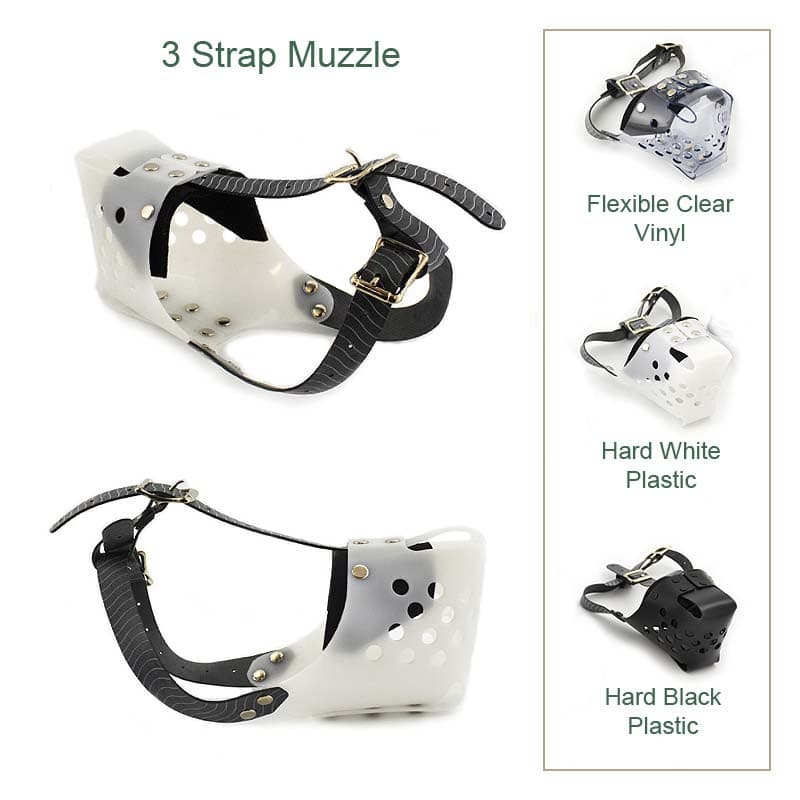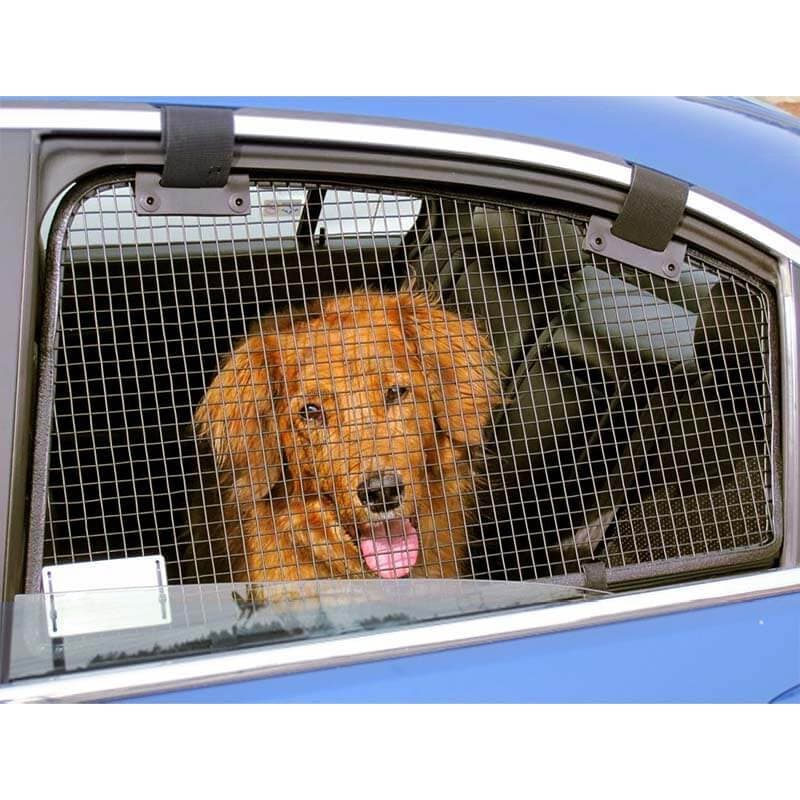How To Teach The PERFECT Recall - Train Your Dog To Come On Demand

Hi, my name is Jess Rollins. I'm the founder of Pet Expertise and a professional reward based dog trainer. And I wanted to talk today about training your dog to come when called. And I'll be a little bit of a longer video today because it's there's quite a few steps to it and some things to understand.
So we'll do a ten minute video. So first, why do we want to train the recall? Most people want it because they want their dog to come to them when they need them to. And it's especially important when your dog were to get off of the leash or out of the house unexpectedly.
And it's a safety situation, right?
So that's kind of our end goal, that your dog will come even when he got out accidentally. And there's all kinds of things going on in the environment.
And so how do we get there?
So we first begin training the behavior. Choose a word that won't be used casually, like come. I don't like to use the word come because it gets misused or gets used without being rewarded every time. So pick a new word like here. I don't even mind the word like cookies. Whatever you want to use, that's going
to come to you easily, right?
So to begin the training, you say here, when your dog's looking at you, you say, here, you put your hand out with some treats in it. Praise your dog for coming all the way to you.
Super easy, right?
Try that a few times and then you're going to switch over maybe after ten to just holding your hand out with no treats in it. Your dog will probably still come. Then you feed the treat from your treat pouch or your pocket. So now this handout has become a hand signal plus your word, right?
You say here, you make the hand signal. Once that's going well, add some distance, see if you can get out of sight. Once that's going well, you're going to
add the distraction of outside, but you're going to start really close.
So people often say to me, my dog knows what come means, but he just doesn't come because he's stubborn. My finding is that dogs don't do something because they don't understand, they haven't actually been trained to do it, or it hasn't been rewarding for them.
So if your dog's not coming in a certain situation, try training that behavior in that
situation and approximating up to it. So let's say your dog won't come when there's a squirrel outside. So that means that squirrel is a big distraction for your dog and your dog basically isn't hearing you, right? So you have to work up to it. So you say, okay, what's another distraction that might be similar to a squirrel?
Maybe you could have somebody hold a ball up on the other side of the yard and then call your dog. Maybe your dog could be in play with another dog, but not super intense. You try calling during that time. So this is where a professional dog trainer can really help coach you through all of these distractions.
Because sometimes it's hard to be creative and think, okay, what distraction could I use? And when you're working around high distractions, you need the best rewards and you need to keep everything else easy. So your distance is short, your reward is good, excellent.
And then what I do too is I add when the dog is getting the food, I also touch the collar. That's part of training the recall so that your dog isn't going to be phased by having its collar grabbed, right, if your dog's actually free when you're needing to call him or her. So also some tips is make sure when you call your dog to you that you never do anything your dog doesn't like.
That would be effectively punishing your dog for coming. So don't call your dog and put him in the crate if he doesn't like that. Or take him to the vet or trim his nails. Make sure whenever you say your special word, only great things happen for dogs.
And to that note, don't let other people say the word without rewarding your dog. And also be consistent. So I would reward your dog not even just
with treats, but with treats and play, right?
Like call your dog, he comes, get a treat, and then I'm going to chase you a little bit or I'm going to run away and you chase me or I'm going to throw a ball or I'm going to toss the treat. So that way your dog doesn't know what's going to happen.
It might be treat, might be an awesome treat.
It might also be play. So we can have your dog be motivated no matter what kind of mood he's in, whether for play or for food. So let me see, what else did I want to tell you guys?
I think that's the main gist of it. Oh, also you can use the recall for problem behaviors. So like barking outside at alert, barking the mailman or whatever, that can be another distraction for your recall training. And it will change the behavior. It will make the alert barking go down, right. It actually won't be rewarding the alert barking, having your dog come to you. It will change your dog's association
with that stimulus of the mailman. It'll mean, oh, mailman's here, I wonder if I'm going to get called back for treats.
You see how that would change the dynamic. And actually you'd start rewarding for just looking at the mailman and not barking. You do your recall. Then when your dog just sees the mailman. So it could also be used for, say, cat chasing.
You could have your dog recall to you when he or she sees a cat. So what I love about recall, the other way you could use it is interrupting dog play that's getting a little too intense, and you think, well, these dogs maybe need a break. You can use your recall.
All these instances require working up to a high level of distraction.
Can you call your dog off of, like, pretend throwing a ball?
Can you call your dog off of another person having a treat and kind of teasing them with it?
Or another person being silly?
Or you can see if you can get your dogs tension while on a leash, say, walking past another dog in a yard.
So that's how you get up to this recall. That can happen no matter what is going on. I hope you enjoy the video. I hope it helps you and your dog. And have a great day. Bye.
- Choosing a selection results in a full page refresh.
- Press the space key then arrow keys to make a selection.



